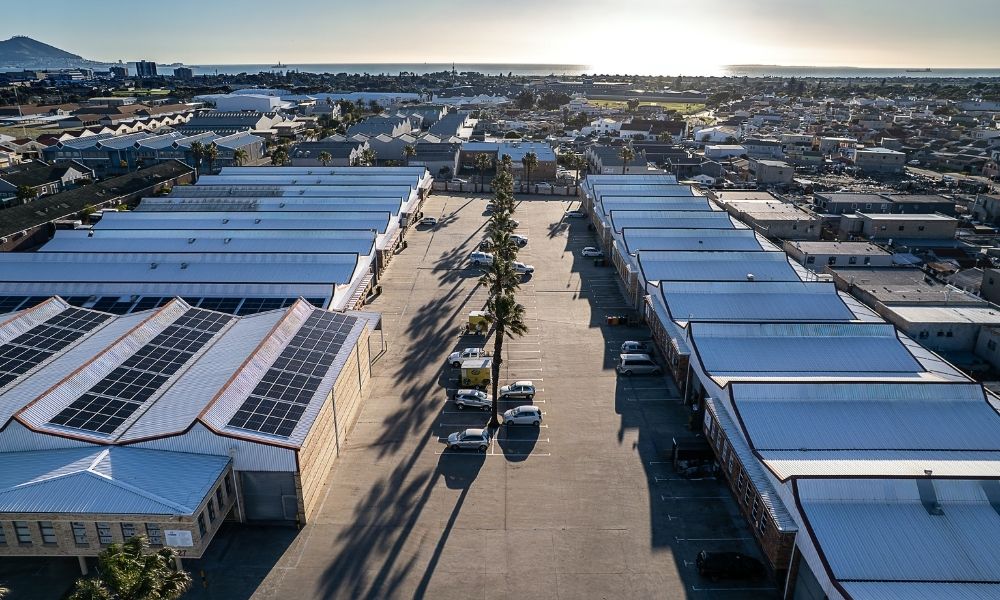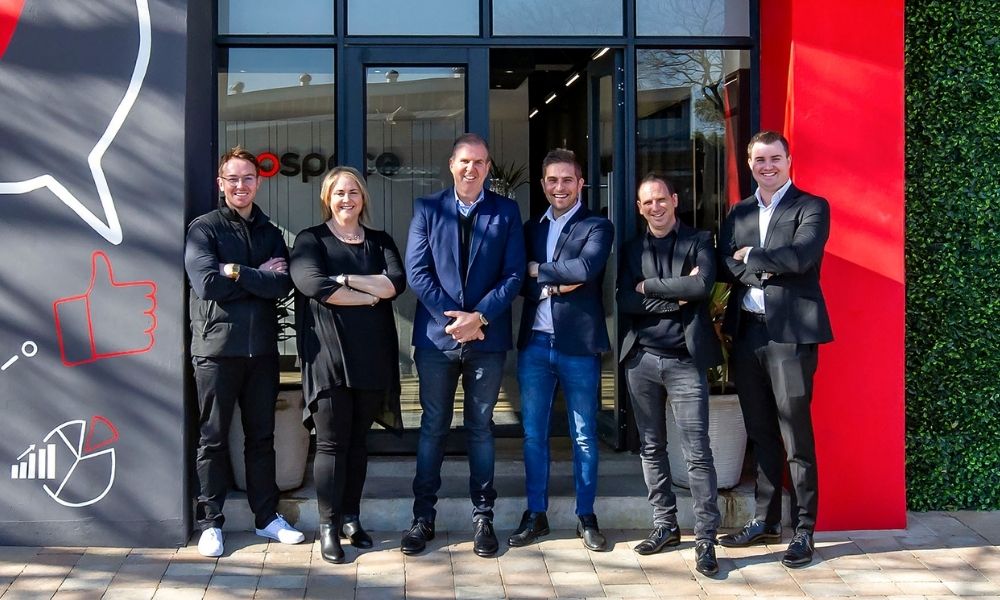Industrial property is a shining light in a gloomy property market
Covid-19 has accelerated the growth of online retailing, hamstrung the hospitality sector and thrown the future of the office into question.

Covid-19 has accelerated the growth of online retailing, hamstrung the hospitality sector and thrown the future of the office into question - none of which has been good news for commercial property owners.
The headline numbers of South Africa’s listed real estate investment trusts (REITs) hide a lot of variability. While the industrial sector is performing reasonably well locally and internationally, retail real estate, especially shopping centres, has taken a big hit.
The greatest uncertainty is in respect of offices, since their future depends on how the pandemic plays out and whether large numbers of users will in fact return to work - and when. Currently, many large office blocks in prime locations that are occupied by banks, law firms and financial services companies are standing empty. Estimates for capital value declines in 2021 range from over 20% to 25%. But property trades above R50m are tepid, and if there are no sales and most large assets are held by institutional owners, material drops in values will go unnoticed for a long time as valuers work on historical values.
Distressed property investors and speculators looking to snap up bargains may also have to wait a long time. One must remember that previous commercial property busts in South Africa were all triggered by high interest rates that led to a wider tightening of credit availability with ramifications across the rest of the economy. But this time, financial regulators are more relaxed and interest rates are historically low. Several banks are exposed to commercial property, but they believe that their loans-to-value are in check for now. A lot will depend on cash flow and whether tenants pay rent. For the short to medium term, there will be little price slashing and discounted disposals.
Industrial property holding up well
The one commercial property sector that seems to have held up well this year is industrial property. Historically, this cheap cousin of the real estate sector was easy to dismiss. Many investors used to think of it as “four walls and a roof that you hope doesn’t leak” - in other words, highly commoditised. Yet the sector is changing rapidly in a transformation that is enthralling to watch. The industrial sector comprises many sub sectors and markets. While there has been a traditional focus on big box logistics, self-storage and multi-let industrial parks are also doing well. The first task for many investors is to decide on which end of the supply chain they want to be. Inospace has settled on mass consumer markets in South Africa’s major cities, rather than serving large retailers and wholesalers who require distribution centres. As a result, our warehouses sit close to substantial urban areas where land is scarce. In South Africa, the rise of ecommerce and online retailing was always treated with scepticism. It has taken decades for ecommerce to eke out a double-digit share of retail spending in the US, let alone South Africa with its poorer population and so fewer online consumers. But lockdown has turbocharged the shift. Accelerated online delivery, ecommerce adoption and higher inventory levels have generated additional demand for most of its industrial space categories.
Impact of Covid-19
Inospace is tracking growth across several demand categories of space, including warehouses and distribution centres, storage facilities and urban, last-touch facilities, among others. The company is also analysing the impact of the coronavirus pandemic on business parks, as well as how the situation has affected the industrial sector as a whole. Certain segments of our business, such as mid-sized warehouses measuring 2,000 to 5,000 square metres, are price sensitive and currently commoditised. But other sectors, such as micro-industrial units and business storage, are seeing price growth. Top of the list is the growing demand for smaller warehouses and micro-distribution centres as consumer buying habits shift, and manufacturers and retailers adapt to changing demands. The pandemic may also make the multi-let industrial warehouse business more attractive. As tenants struggle to pay rent, bad debts are rising. But unlike the slump a decade ago, pre-pandemic utilisation rates were high, and ecommerce increases the demand for space, as online retailers have to stock a wider variety of products.The future is likely to see multi-let industrial parks ever closer to large urban or suburban areas, as online retailers strive to shorten delivery times. Until recently, the trend was constrained by a lack of land and labour. Neither city officials nor workers looked favourably on warehouses. The pandemic looks set to change that. The blight on shops and hotels will free up space, while unemployment will make logistics jobs more attractive.
Burnishing the industry's image
Moreover, Inospace wants to burnish the industry’s image. For example, at one of our business parks we converted a B-Grade industrial building into a branded park with quirky slogans decorating the space and we-work style office areas with receptions. These parks include storage, light manufacturing, creative industries, a shared business hub, smart lockers, and coffee shops. Parks are solar-powered and surrounded by shared spaces. A few decades ago, abandoned industrial warehouses in places such as Woodstock in Cape Town became trendy places to live. Those of the future may be alluring places to work. The key message here is that the Covid-19 pandemic and the resultant economic downturn is bringing change to the broader commercial property market place, but has raised commercial property industry growth rates. Many of the goods coming through our business parks, that make modern life possible will never see the inside of a shopping centre. But they must still be manufactured, stored or distributed somewhere. The increased demand for our parks and our spaces demonstrates how much industrial real estate has grown, and can be expected to continue flourishing into the future as consumers change their buying habits.


